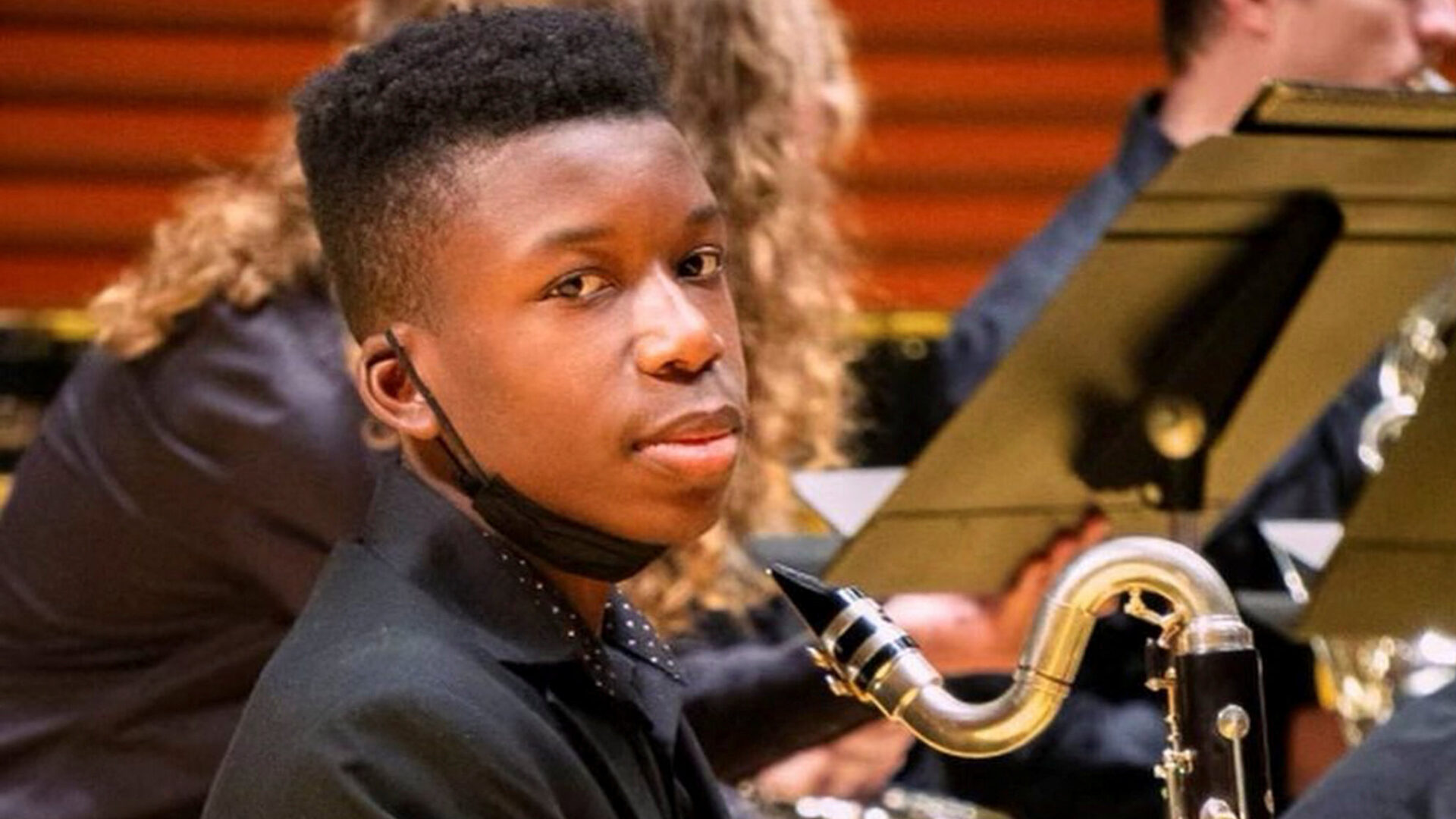
On the evening of April 13, 2023, Ralph Yarl, acting as a responsible older brother, headed to pick up his younger siblings from their friend’s house. When entering the address to get them, the 16-year-old relatively new driver in Missouri confused 115th Street for 115th Terrace.
Unknowing that he was at the wrong home, Yarl “parked in the driveway, went up to the door and rang the doorbell,” says his aunt in a social media video. The black teen expected to be greeted by his siblings but was met with a confrontation, which would once again, shake America.
The owner of the house, Andrew Lester, shot Yarl in the head. As the boy lay helpless on the ground, Lester, an 84-year-old white man, shot him again. Now suffering life-threatening injuries, Yarl still mustered up enough strength to run to a neighbor’s house for help. Ralph ended up in the hospital, where he stayed for three nights.
Riots evoked.
Not this again. When will it end? When do black boys go from being innocent to a threat? Will justice be served? These questions consume the minds of Black Americans as they read through a diluted news story involving a Black person being a victim of a crime committed by a white person.
The mental and emotional agony of trying to process this situation just like the last one. We have glimmers of hope that the justice system will not fail us– they can’t right? The evidence is obvious. Six days later… “The White homeowner accused of shooting a Black teen who rang his doorbell turns himself in and is released on bail.” Not this again.
The cycle proves Black lives still don’t matter in America.
Numbers don’t lie. From 2020 to 2021, hate crimes rose, according to this FBI report. Out of over 10,500 single-bias incidents documented, 64.5% of victims were targeted because of the offenders’ race/ethnicity/ancestry bias. Sickening.
The leading reason for an individual committing a hate crime in America is because of an uncontrollable factor- the skin they were born into. The data gets worse. Guess the race that gets attacked the most? African Americans. It’s plain and straightforward; nothing is left to debate or interpret. Black lives are the least valuable in America.
While technically, it isn’t proven that Ralph Yarl’s case is racially motivated, the grandson of the attacker believes it could be. He told the Kansas City Star that his grandfather had a “bigoted or sort of disparaging” mentality towards black people.
The grandson continued to say he was “radicalized” by “Fox News” and immersed in “a 24-hour news cycle of fear and paranoia.” Therefore, Andrew Lester more than likely had determined he was in danger from Yarl’s appearance.
It was ingrained in his mind through irresponsible media that because of Yarl’s complexion, he was a threat, he was at his house for the wrong reasons, and he couldn’t have been up to any good. Lester did not give him the benefit of the doubt — he went straight to predetermining that he was unsafe just from looking at Yarl– so he shot him. Not once, but twice, leaving him for dead.
Racism is not always blatant. The preconceived notions, outdated mentalities, misinformation, stigmas, and stereotypes concerning African Americans are considered racist because they influence the actions toward us.
The underlying assumptions and lack of decency to see us as more than just a black body that matches whatever statistic is in their head for the scenario they’re in. We’re not humanized. We’re not seen as a kid who could possibly be at the wrong home but a kid looking for trouble, making him a threat– in the case of Ralph Yarl.
His circumstance, once again, is another example of why Black lives still don’t matter. Hopefully, his case will discontinue the cycle.
About the author: Shelby Denise Smith is a full-time Social Media Editor and part-time Freelance Writer. She loves writing about news, wellness, and beauty and hosting impactful conversations with influencers and experts on those subjects.